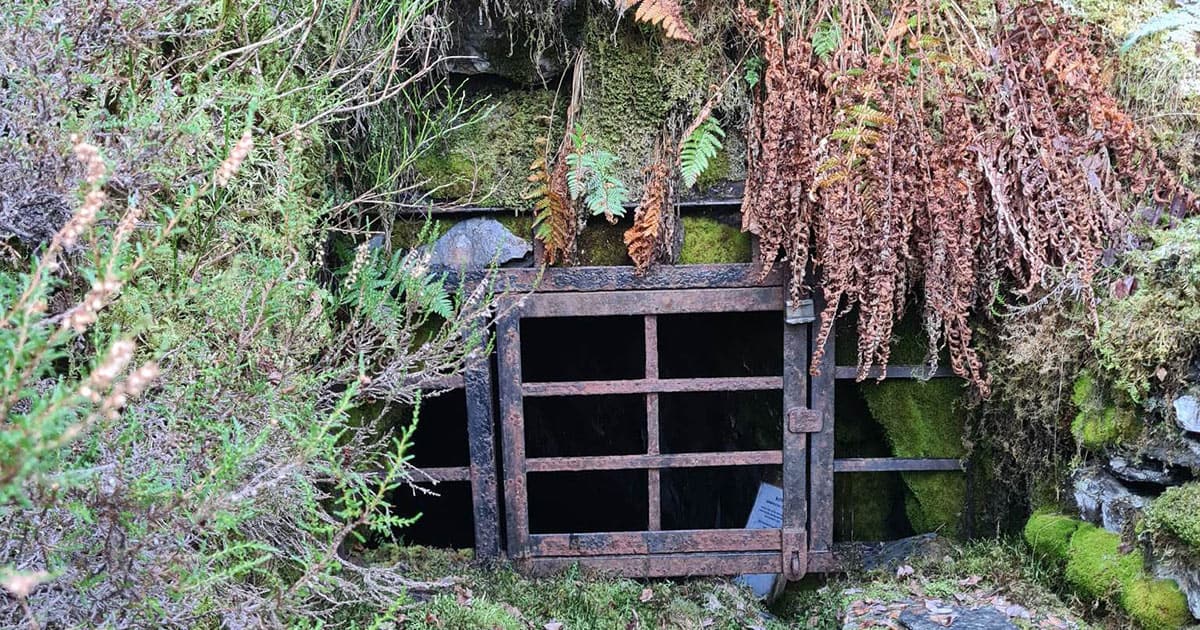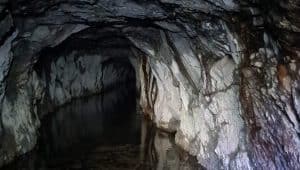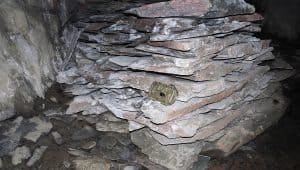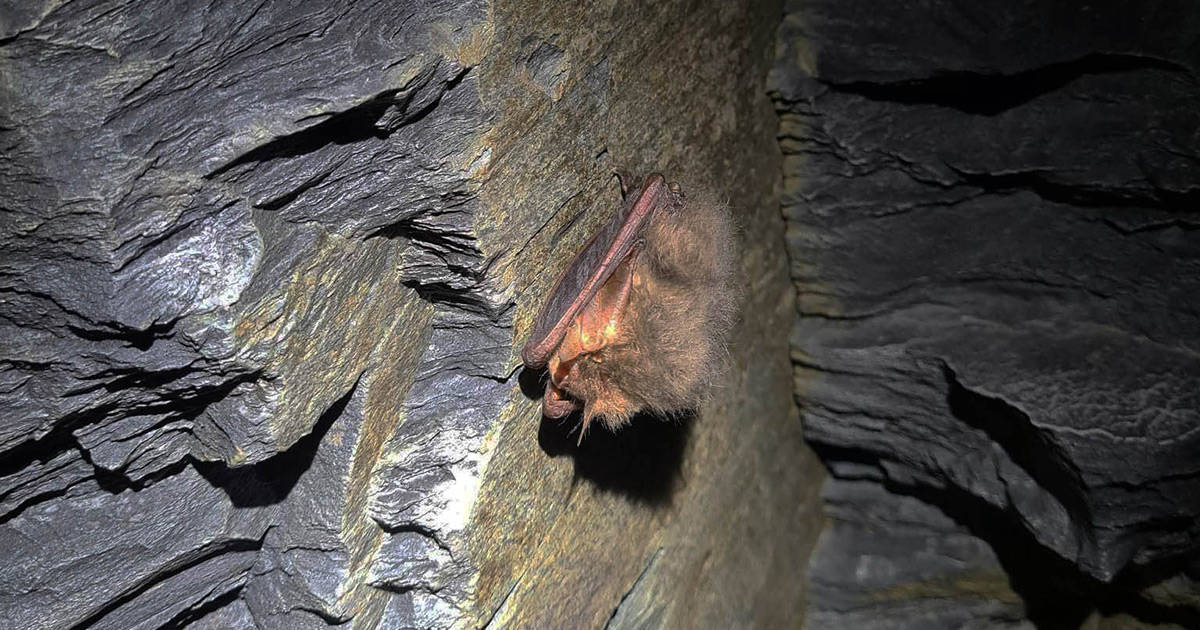Using Temperature and Humidity Data Loggers To Monitor Bat Populations
Why is Bat Monitoring Important?

Bat monitoring is a process of collecting data on bats in their natural habitats. This data is used to track bat populations, monitor their health and to ensure that the environment remains suitable for them. Temperature and humidity recorders can be used in bat monitoring to measure the environmental conditions that bats need for survival.
This information can be used to protect and conserve bat habitats and monitor changes in their populations over long periods.
Temperature and humidity are important factors to monitor in bat habitats because they can affect the health and survival of bats. If the temperature in a bat habitat becomes too hot or too cold, it can lead to stress on the bats and negatively impact their health. Too much humidity can lead to fungal growth in bats, while too little humidity can cause bats to become dehydrated.
How Temperature & Humidity Monitors Have Helped Successfully Monitor Bats in the Wild

The National Bat Monitoring Program (NBMP) is currently carrying out its annual hibernation survey which monitors changes in the British Bat populations. Bat hibernation sites are surveyed annually by individuals and conservation volunteers throughout the UK. The aim of this is to collect and analyze counts from across the UK to product species population trends.
According to NBMP bat numbers across the UK have been declining dramatically over the last 10 years, by monitoring and observing bats across the country, they discover how they survive and what can be done to ensure their survival. Due to the spread of Covid-19, many sites have remained unvisited for some time as precautions were taken to avoid passing on SARS-Cov-2 (the virus that causes the disease COVID-19) to the bats being monitored.

Auritus Wildlife is a consultancy for bats, they offer advice and support to programs like NBMP and are currently taking part in this pilot study organized by the Bat Conservation Trust. The study is being carried out over the winter months on sites across the UK and involved carrying out acoustic monitoring at hibernation sites to see whether/how the results found from previous volunteer counts correlate with the internal counts held at NBMP.
To help record temperature and humidity data, Auritus Wildlife Consultancy is using an EL-USB-2, which has been placed in the Aberfoyle Quarry tunnel, in Scotland, a known hotspot for hibernating bats. John Haddow, Director and Senior Consultant at Auritus Wildlife said “the device is simple to use quick to set up and to download recorded data.”

Thanks to the EL-USB-2‘s flexible recording times, john has been able to use it for overnight monitoring and has been used to monitor the tunnel for long periods of time. The EL-USB-2 will record and store all readings until plugged into a PC, where the readings can be read, graphed, downloaded and shared making it perfect for monitoring and easy to send results on from his study.
The results from Auritus Wildlife and other volunteer surveys at the end of the winter will help NBMP to identify changes in the numbers of bats and highlight any signs of significant change from before the COVID-19 pandemic to now.


